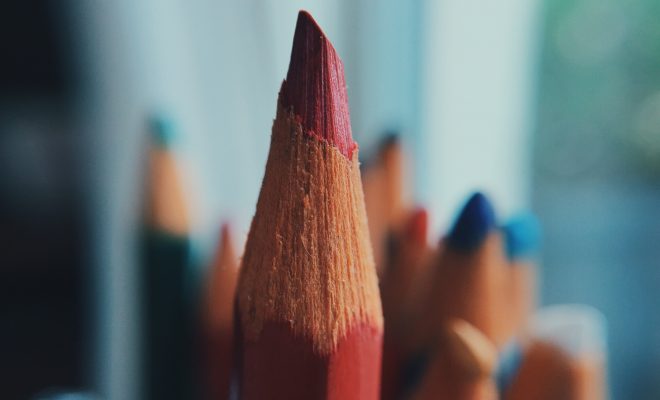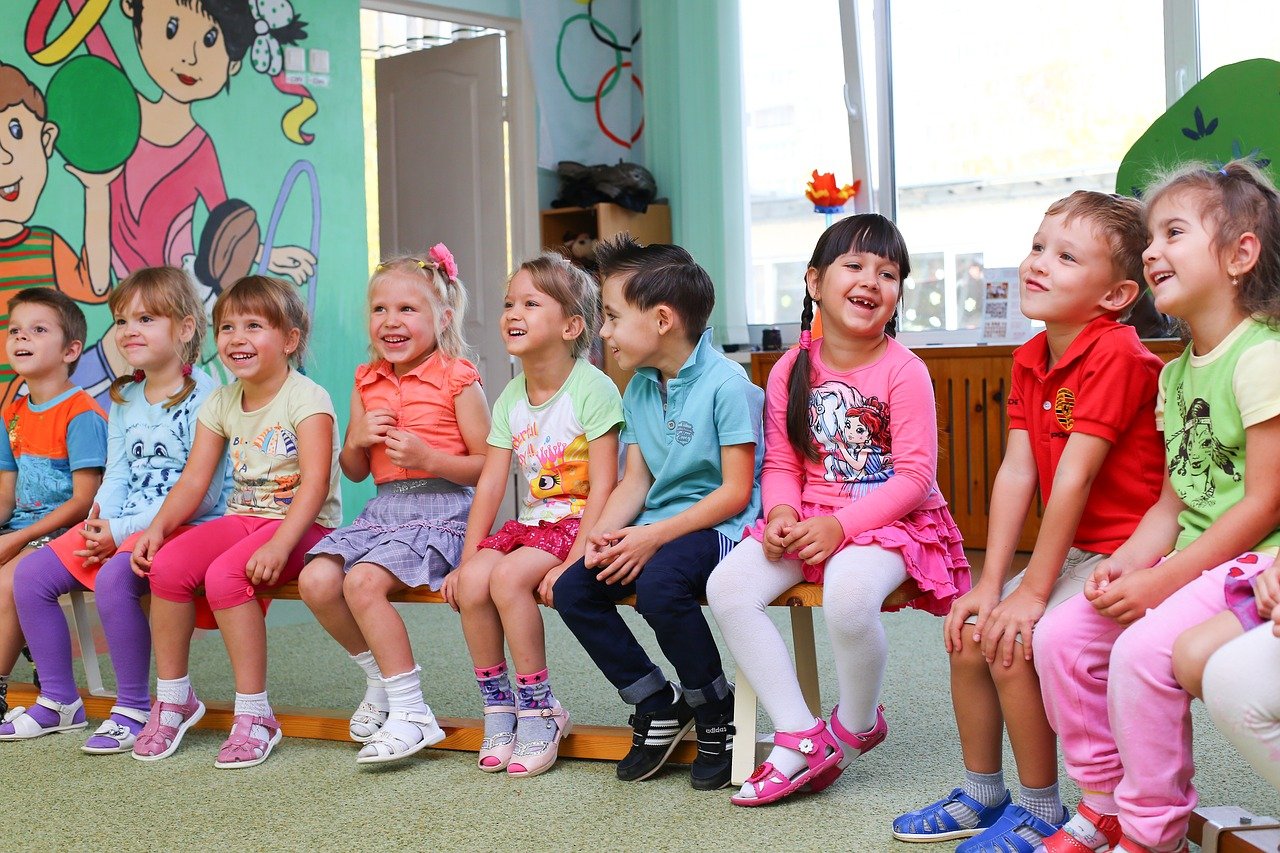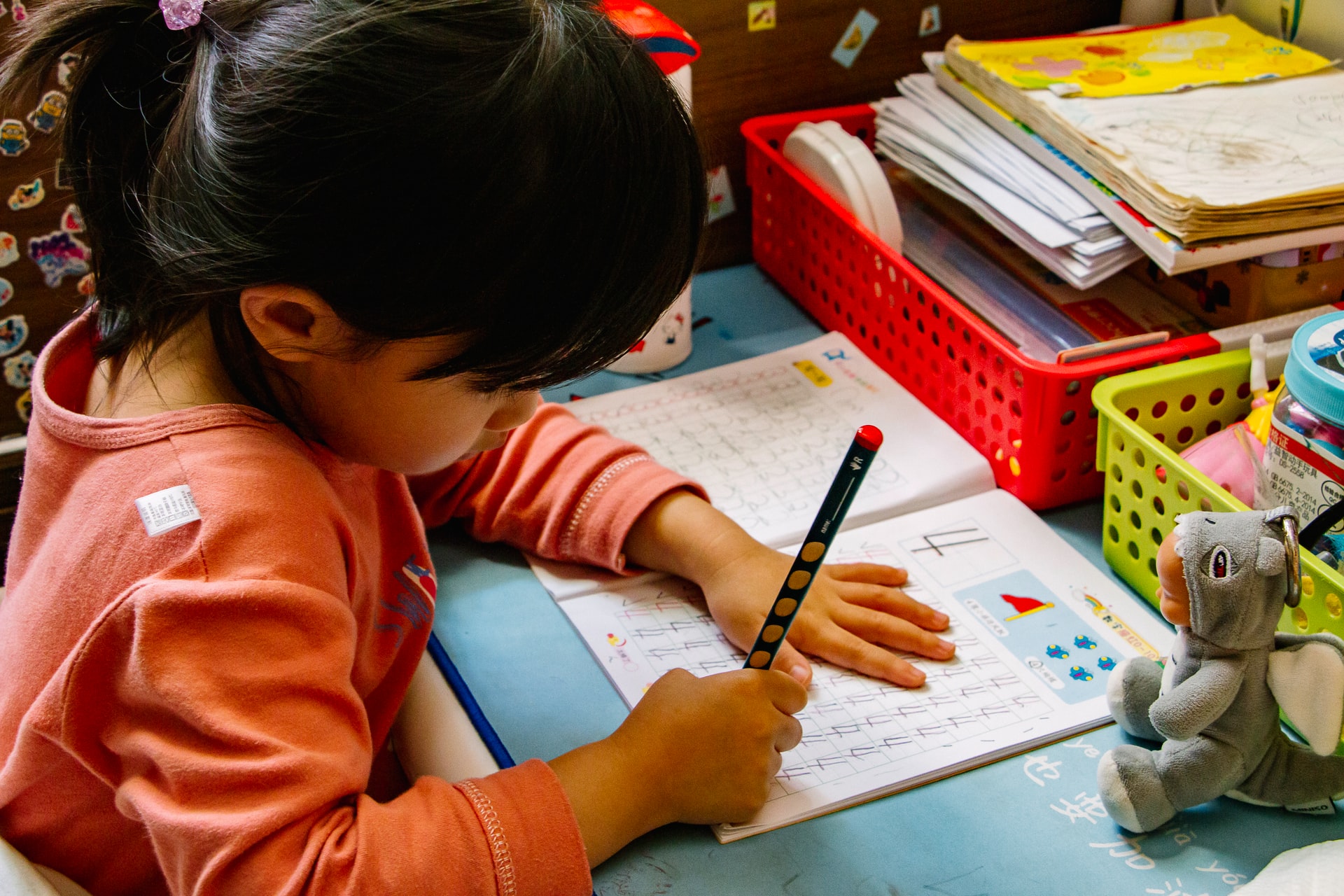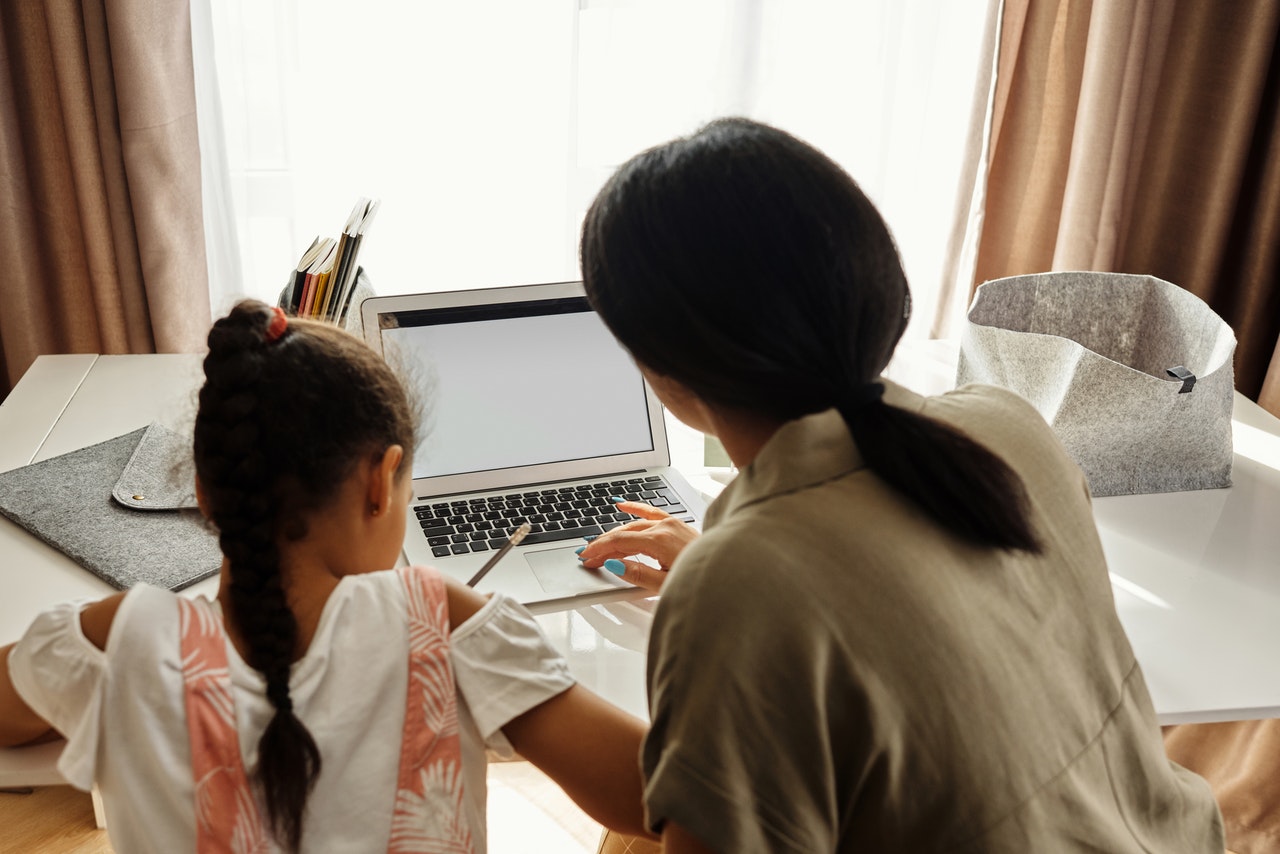Private vs. Public Education: Everything You Need to Know

Parents have to think about the best possible ways in which they can teach their kids and ensure that they have a bright future. They can choose to provide them with private or public education. A particular type of education may be suitable for one family or child but might not be appropriate for another. There are six factors that you should keep in mind while making your choice.
Facilities Available
The facilities offered by some public schools are impressive. Generally, wealthy suburban public schools often provide more amenities compared to the public schools located in the inner-city.
If the development team of a private school is working successfully, it can continue to get financial support from alumni and parents and provide several good facilities to the learners. Some K-12 private schools have amenities that are better than many universities and colleges. For instance, Hotchkiss and Andover have athletic facilities and libraries that are similar to those at Cornell and Brown.
If you want your child to be a football player, look for a school that has an excellent coaching staff and athletic facilities.
Number of Learners in Every Class
Generally, privately run schools have a smaller number of learners in a class. A small class size is suitable for learners who get distracted easily. Private education helps to provide individual attention to learners. If the ratio between the learners and educators is 15:1, it is possible to attend to the learners individually. Several private schools have a rate of 7:1.
The class size is usually prominent in public schools, and there are more than 35 learners in each class. But if the teacher is strong and the learners behave well, kids can learn even in such an environment.
Qualified Educators
Usually, the educators receive a good salary and pension in public schools. However, the compensation may vary according to the school location and local economic conditions. For instance, educators may get a lower salary in Duluth because the cost of living is less compared to the educators in San Francisco. Public schools have low teacher retention.
Private schools hire educators who possess advanced degrees. For instance, they would hire a person who has a degree in Spanish as well as a degree in literature to work as a Spanish teacher.
Finances
Private schools are usually better off financially than public schools.
Administrative Issues
Public schools usually have bloated bureaucracies and antiquated rules. Private schools have better management. They do not have to handle teachers’ unions.
Parents’ Involvement
Besides financial considerations, you will have to see how much time and effort you will have to put in. For instance, if you send your child to a private school, you are expected to take them to school and pick them up after school hours. Learners have to take part in some activities outside school hours. So, you have to drive and spend many hours per week educate your child.
Both private and public schools have some benefits and a few limitations. You can weigh the positive and negative points and make the best choice for your kids and family.






